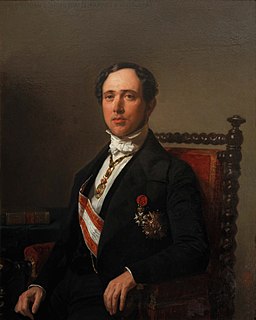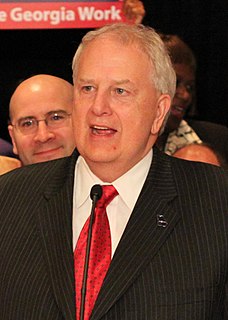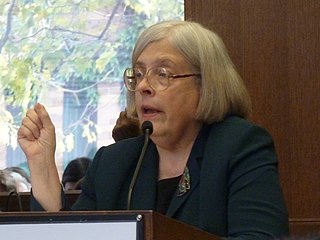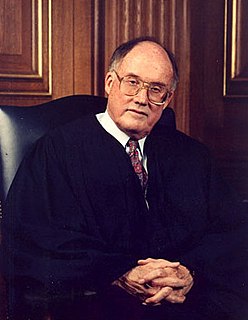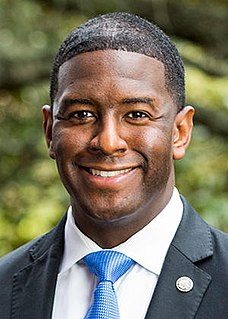A Quote by David Hume
Related Quotes
There are only two possible forms of control: one internal and the other external; religious control and political control. They are of such a nature that when the religious barometer rises, the barometer of [external, i.e., political control] falls and likewise, when the religious barometer falls, the political barometer, that is political control and tyranny, rises. That is the law of humanity, a law of history. If civilized man falls into disbelief and immorality, the way is prepared for some gigantic and colossal tyrant, universal and immense.
The fundamental interest - long-range strategic interest - of the state of Israel is that we will have the international bodies and primarily the United Nations recognize the two-state solution, so that there will never be any doubt as to the right of Israel to have its own Jewish independent state.
Short of preventing harm to the child, the standard of 'best interest of the child' is insufficient to serve as a compelling state interest overruling a parent's fundamental rights.... To suggest otherwise would be the logical equivalent to asserting that the state has the authority to break up stable families and redistribute its infant population to provide each child with the 'best family.' It is not within the province of the state to make significant decisions concerning the custody of children merely because it could make a 'better' decision.
The timing & characteristics of state intervention affect not only organizational tactics and strategies, but the content and definition of interest itself... Some scholars have directly stressed that state interventions create corporatist forms... the formation, let alone the political capabilities, of such purely socioeconomic phenomena as interest groups and classes depends in significant measure on the structures and activities of the very states the social actors, in turn, seek to influence.
Today, blacks are no longer the litmus paper or the barometer of social change. Blacks are in every segment of society and there are laws that help to protect them from racial discrimination. The new ‘niggers’ are gays. It is in this sense that gay people are the new barometer for social change. The question of social change should be framed with the most vulnerable group in mind: gay people.

